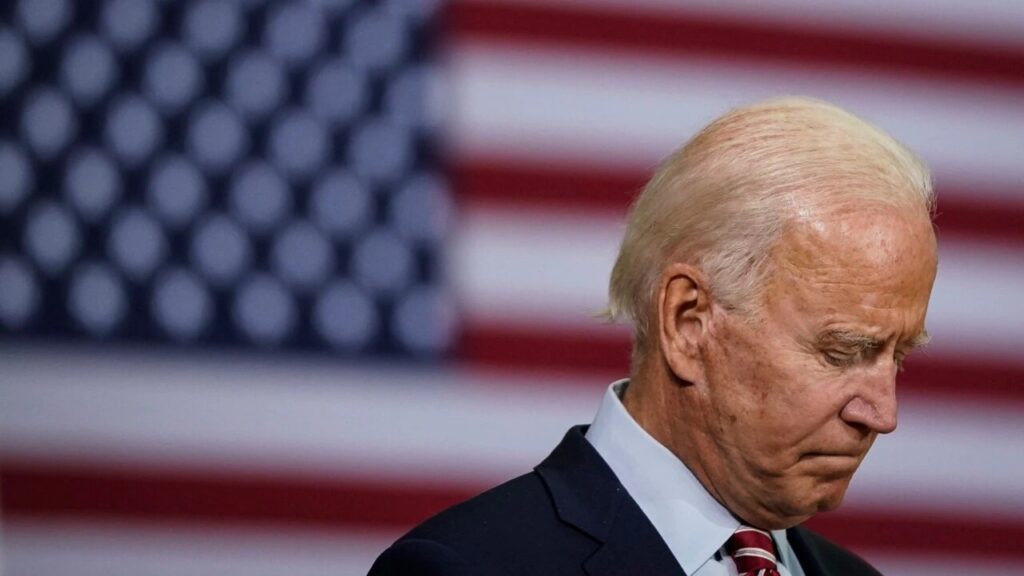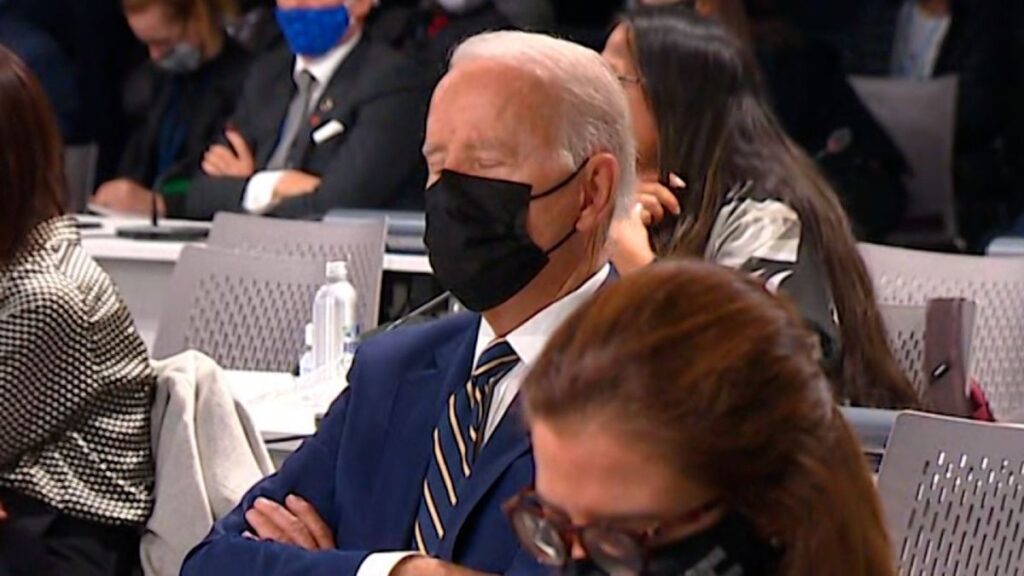Did Joe Biden’s approval rating just drop because of Texas votes?
In the landscape of American politics, where does the line between a national crisis and a political chess game get drawn? This question comes into sharp focus as more than two dozen Republican attorneys general rally behind Texas, urging President Joe Biden to “get out of the way” and let the state handle its border security issues.

The story so far
In a bold move, 26 attorneys general have thrown their support behind Texas in its quest to secure the U.S.-Mexico border. This collective stance, articulated through a strongly-worded letter, targets President Biden and Department of Homeland Security (DHS) Secretary Alejandro Mayorkas. Accusing them of hindering Texas’ efforts to control illegal migration, these legal leaders are making their discontent known.
The timing of this letter is critical, coinciding with a recent Supreme Court decision to temporarily lift a lower court’s injunction against Texas’ border security measures. So what does that mean for his approval rating? Let’s take a dive into Joe Biden’s approval rating and see what we can find for ourselves – and his campaign prospects.

A Tug of War at the Border
The letter paints a picture of a tense standoff between federal and state authorities. It alleges that Border Patrol officials, under Mayorkas’ direction, have actively worked against Texas’ border fortifications. Incidents cited include using a forklift to move barriers to allow the entry of migrants.
Iowa Attorney General Brenna Bird, one of the letter’s organizers, spoke to Fox News, emphasizing the need for federal authorities to either take charge of border security or step aside for Texas to do so.
This conflict brings to the fore a classic American political debate: the balance of power between state and federal governments. The attorneys general argue that Texas, and other states, should have the autonomy to defend themselves against what they describe as an “invasion.” This strong language reflects a deep frustration with the current administration’s handling of border security.

Texas Stands Firm
Meanwhile, Texas is not waiting for federal approval. Governor Greg Abbott has been vocal about Texas’ “right to self-defense” against migrant influxes, which he labels an “invasion.” The state continues to enhance its border security measures, despite the federal government’s ability to interfere.
The statistics brought forward by the attorneys general are alarming. Since Biden’s presidency began, over six million migrants have been encountered entering the country illegally, based on Customs and Border Protection (CBP) data. December alone saw a record-breaking number of migrant encounters, not including those who entered undetected.
Despite the political turmoil, Border Patrol officials have indicated no intention to dismantle the barriers erected by Texas. A senior CBP official reportedly assured that the infrastructure placed by Texas would remain untouched. This statement suggests a level of tacit support, or at least non-interference, with Texas’ border measures.

A Brewing Political Storm
The border situation has escalated to such an extent that Congressional Republicans are considering drastic measures. The Republican-controlled House Homeland Security Committee is poised to vote on impeachment articles against DHS Secretary Mayorkas. Simultaneously, Senate leaders are reportedly struggling to broker a deal linking U.S. foreign aid for Ukraine to new domestic immigration policies.
Amidst this backdrop, the border crisis becomes more than just a security issue; it transforms into a litmus test for political alignments and ideologies. With the House and Senate at odds, and a potential impeachment on the horizon, the question remains: Are these actions motivated by genuine concern for national security, or are they fueling a politically charged narrative?
As America grapples with these challenging questions, one thing is clear: the situation at the border is more than a matter of policy; it’s a reflection of the nation’s political heartbeat. In this high-stakes game of power and responsibility, who will take the lead, and more importantly, will their actions serve the best interests of the nation?







